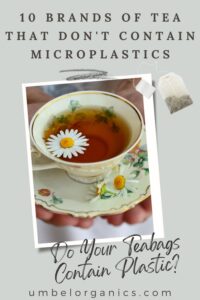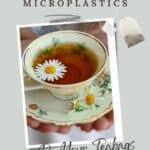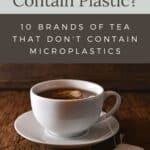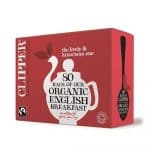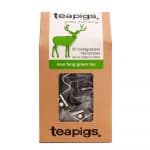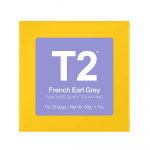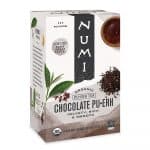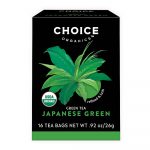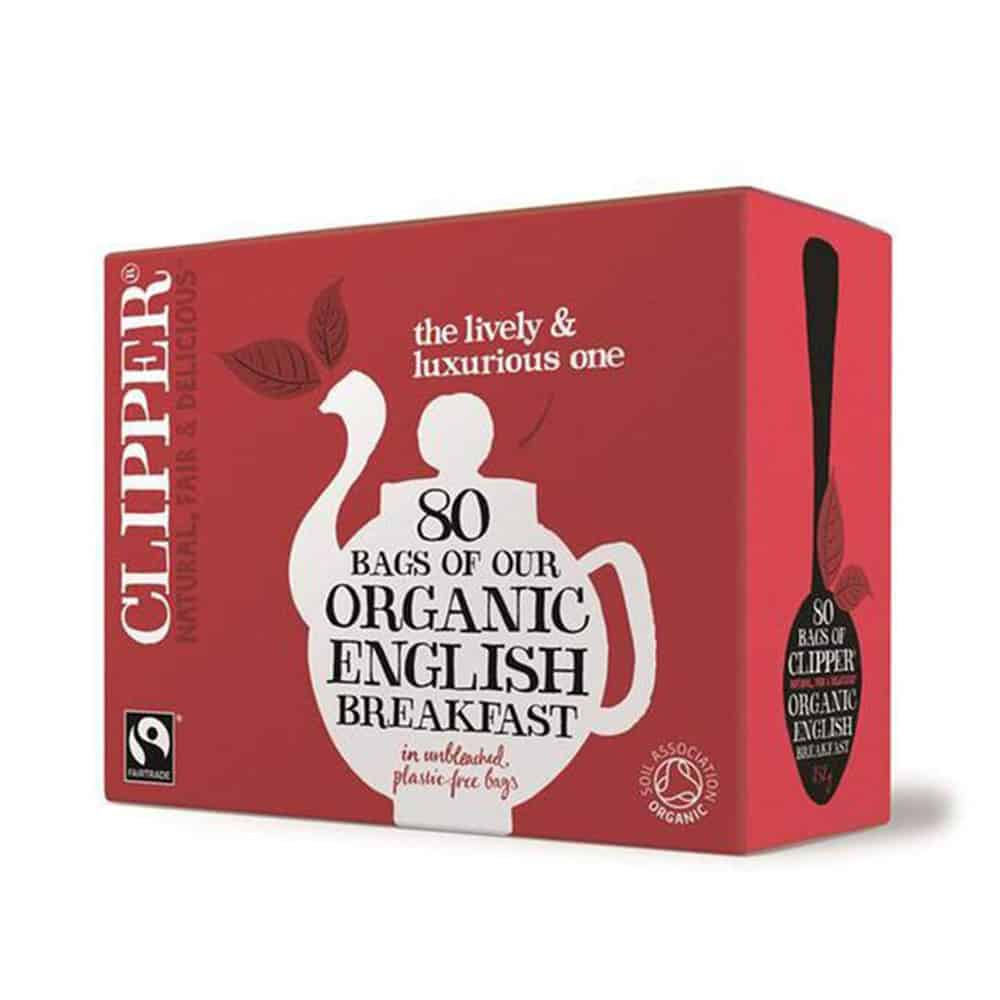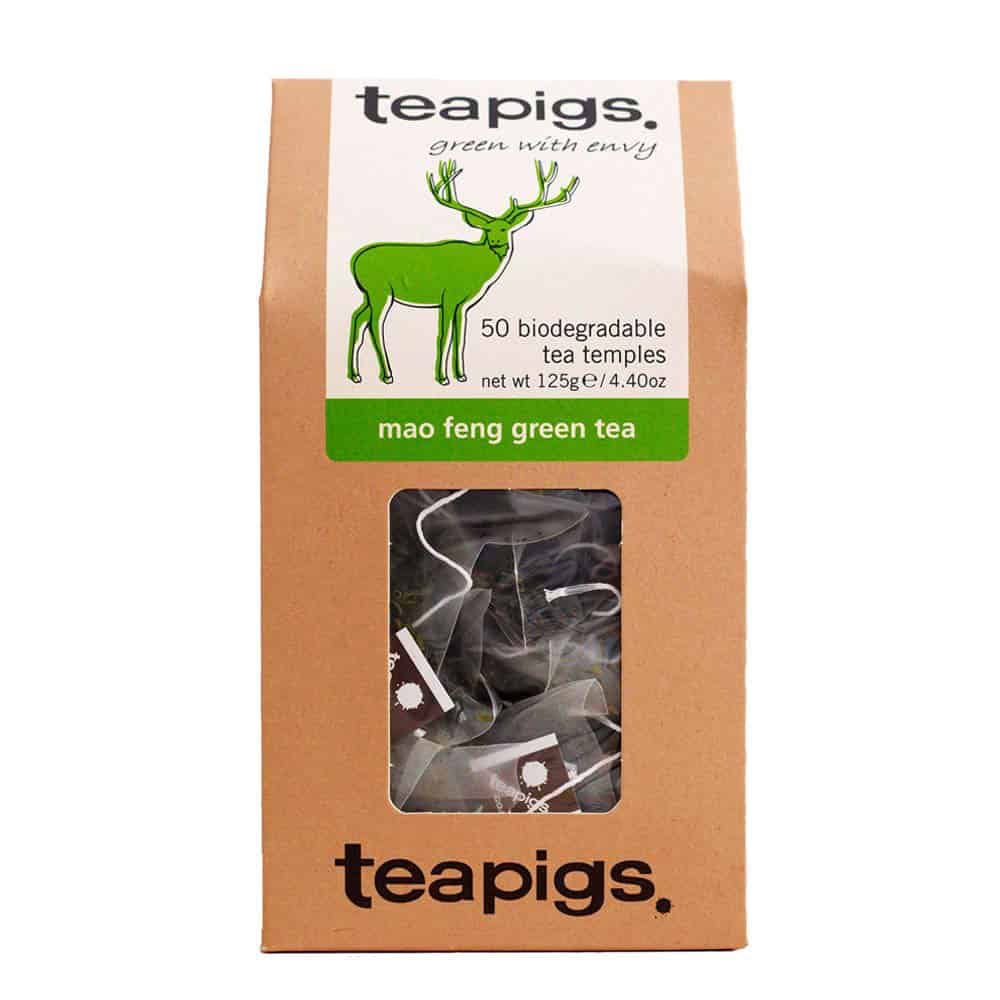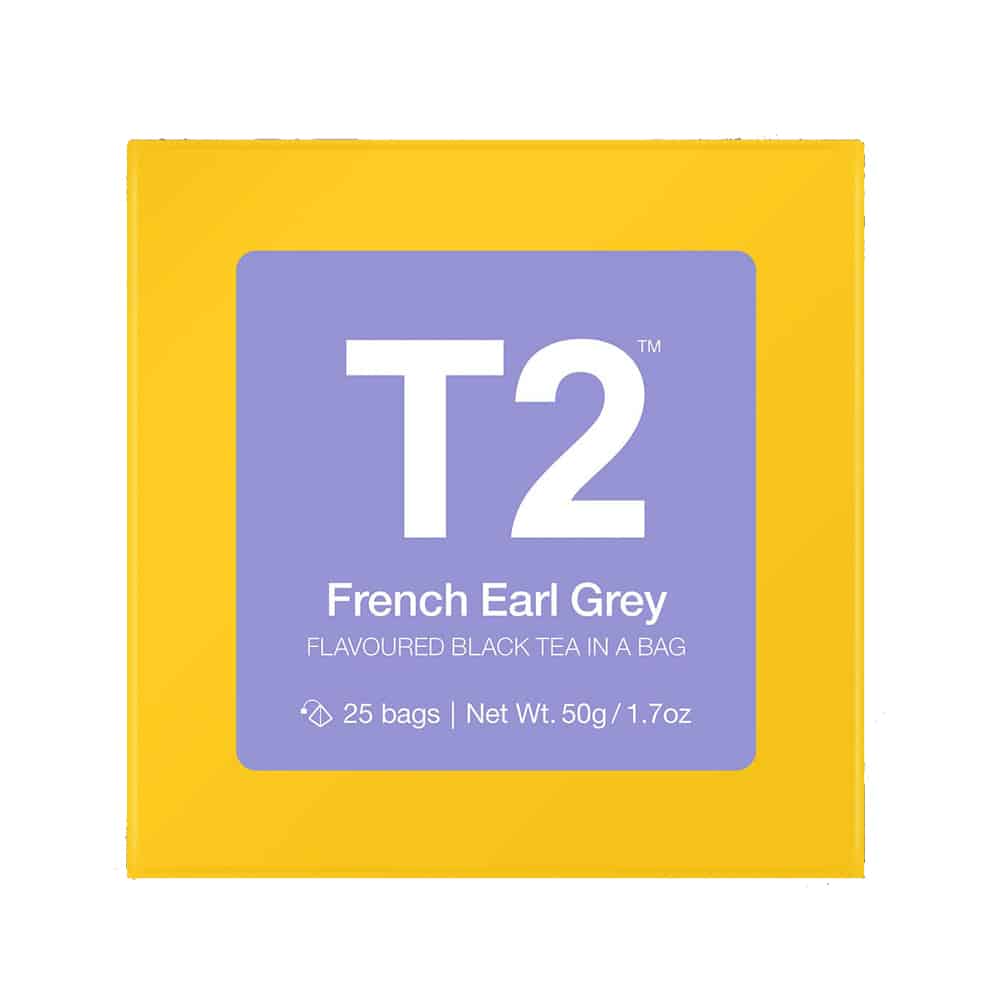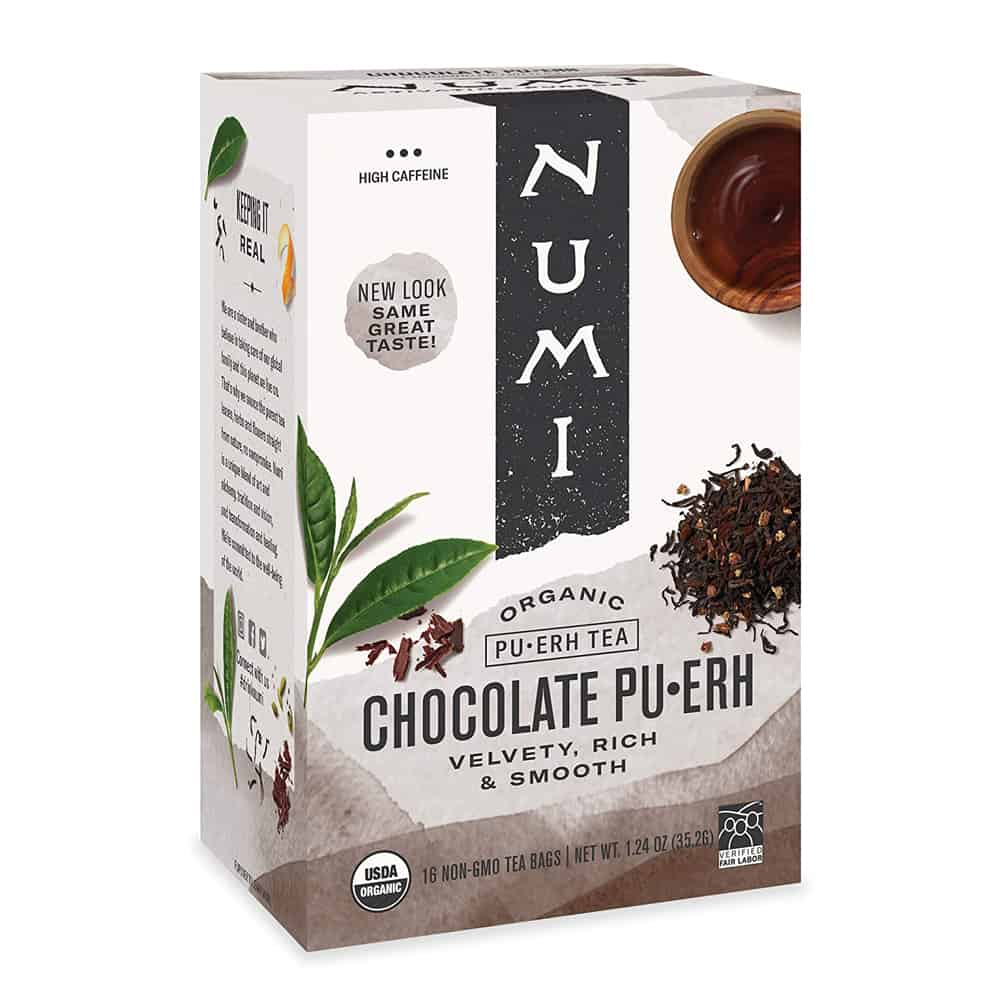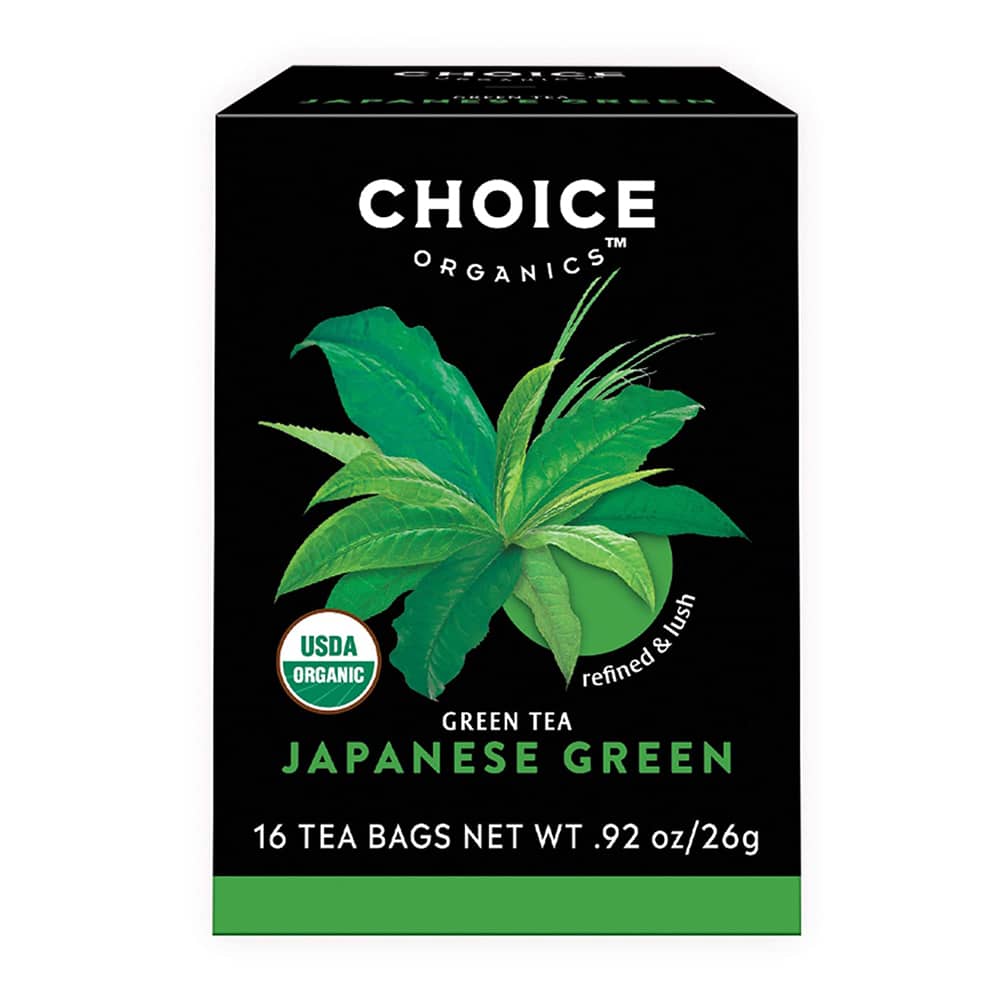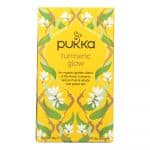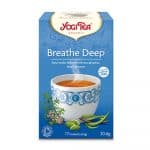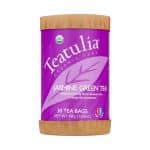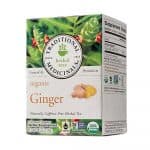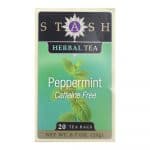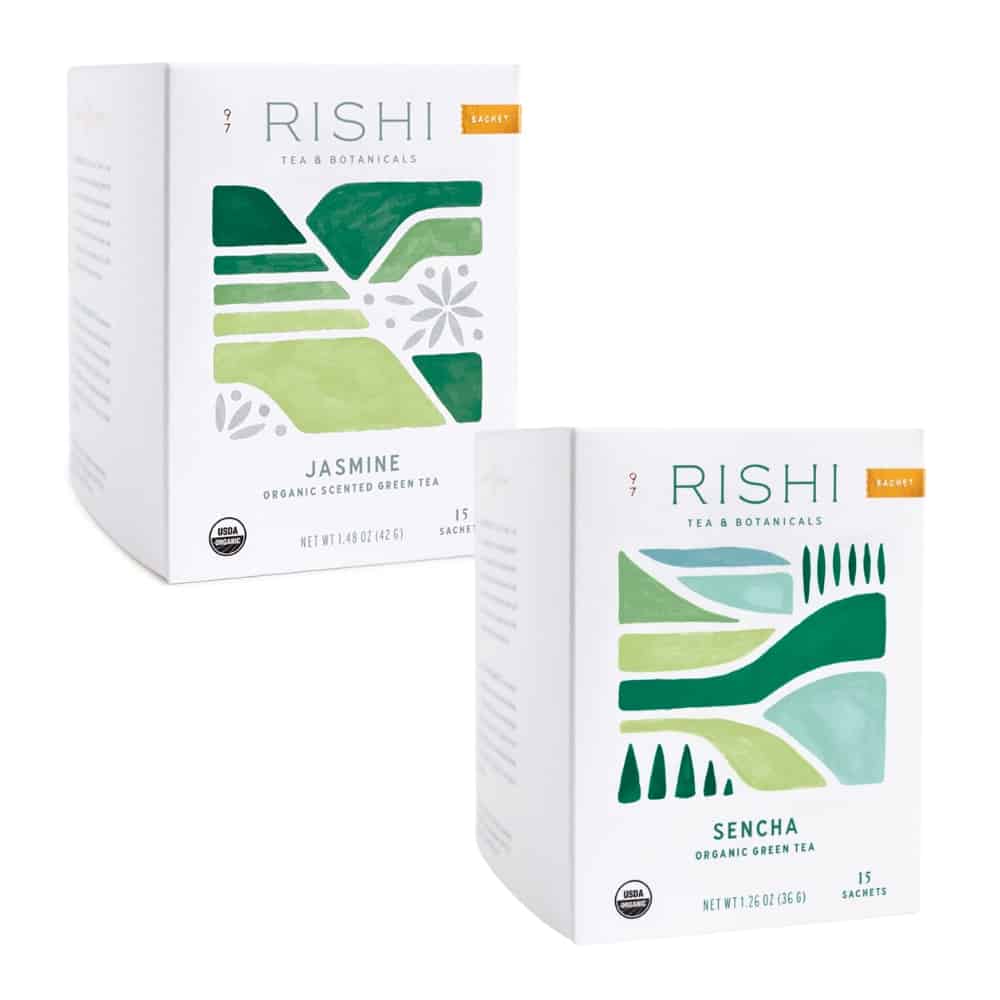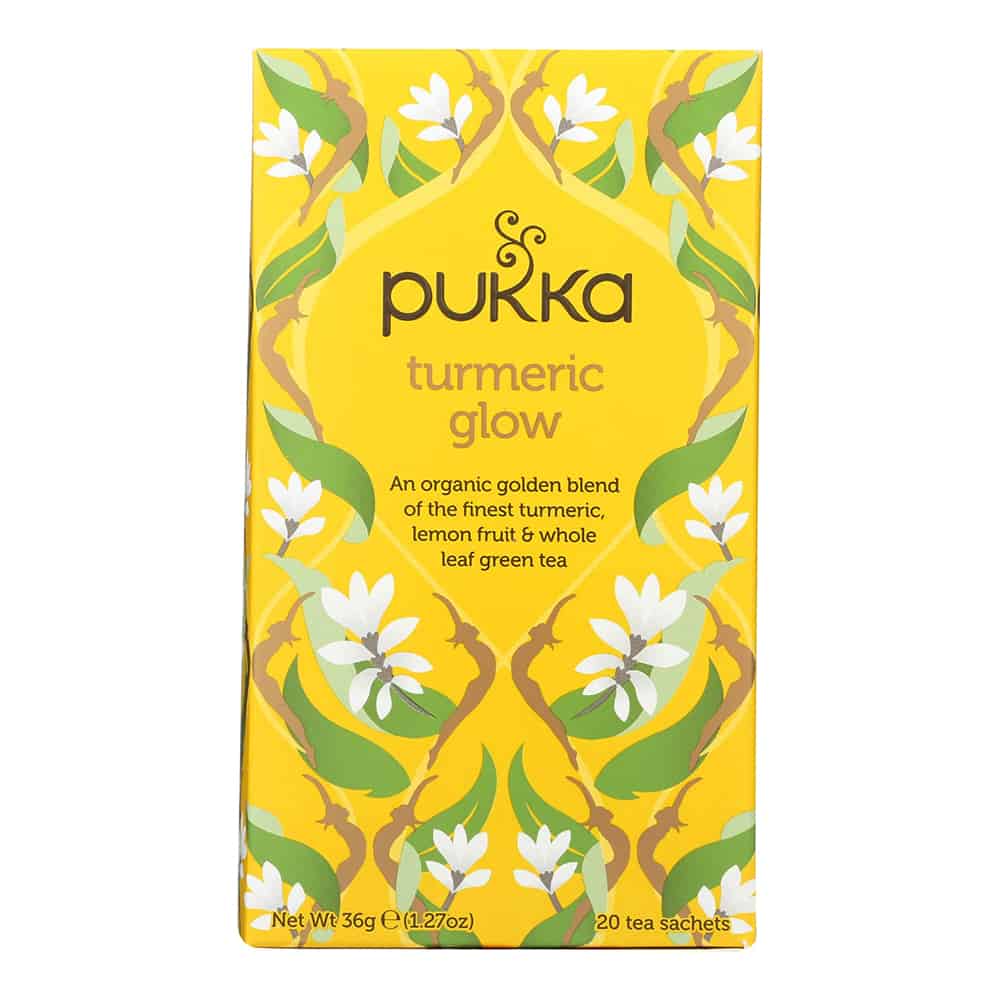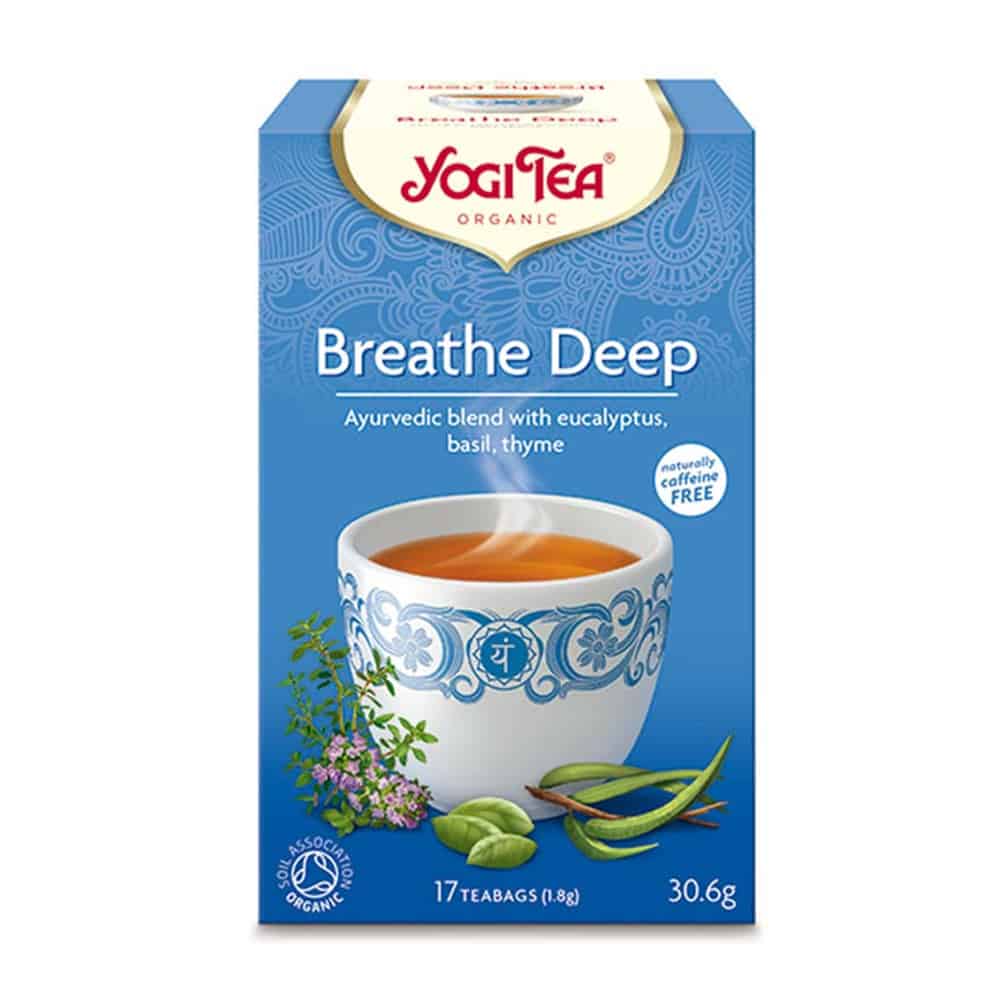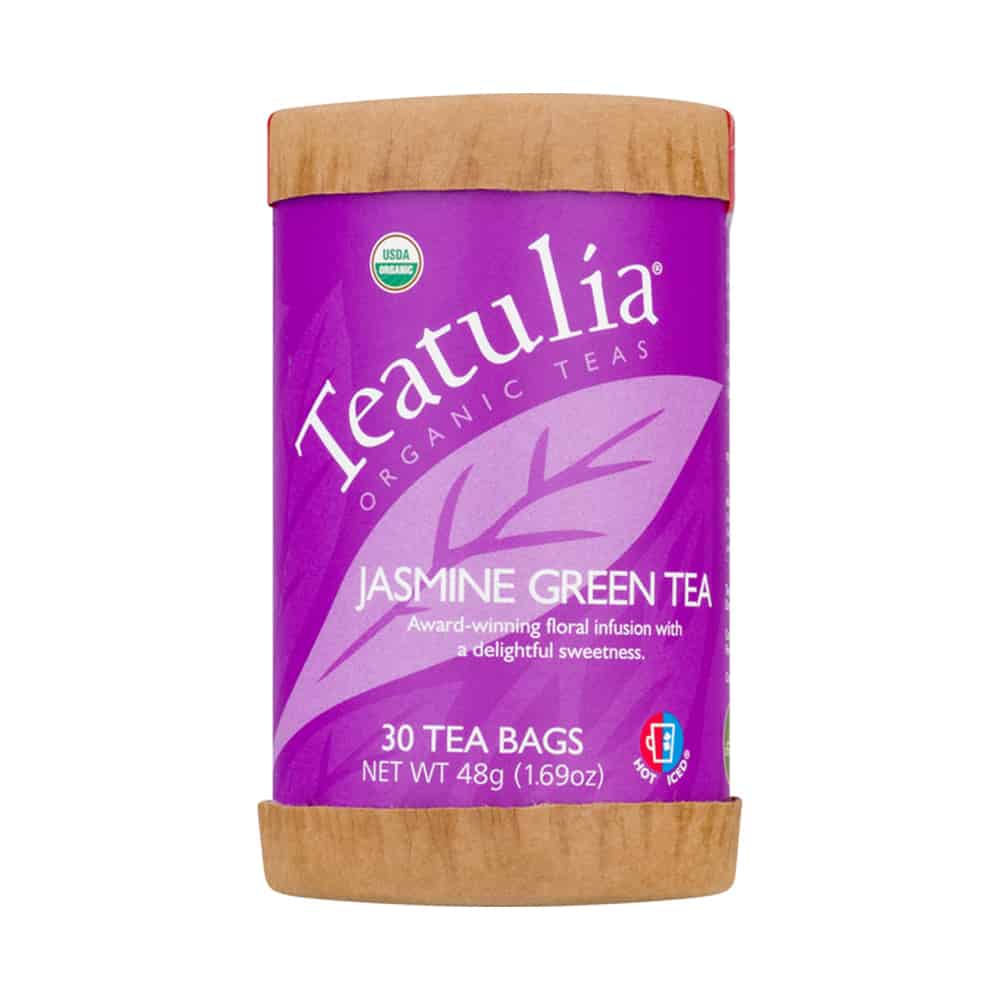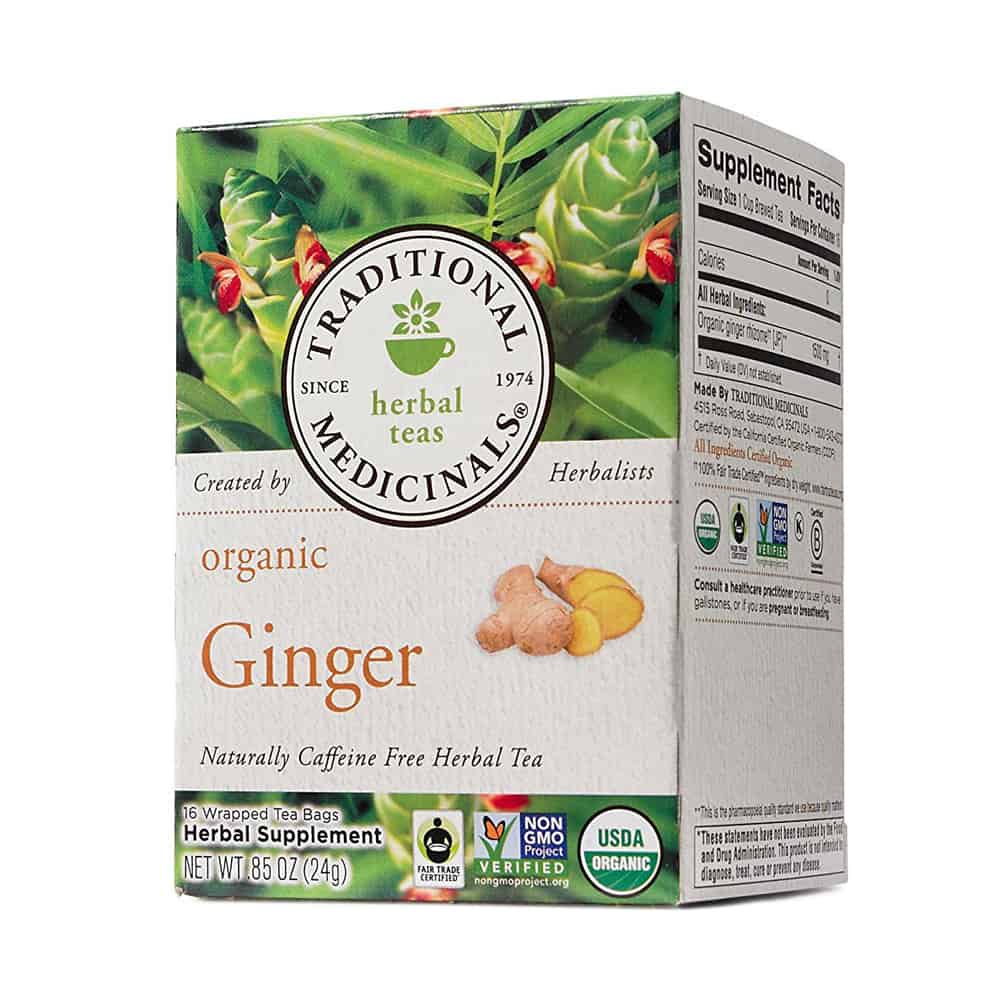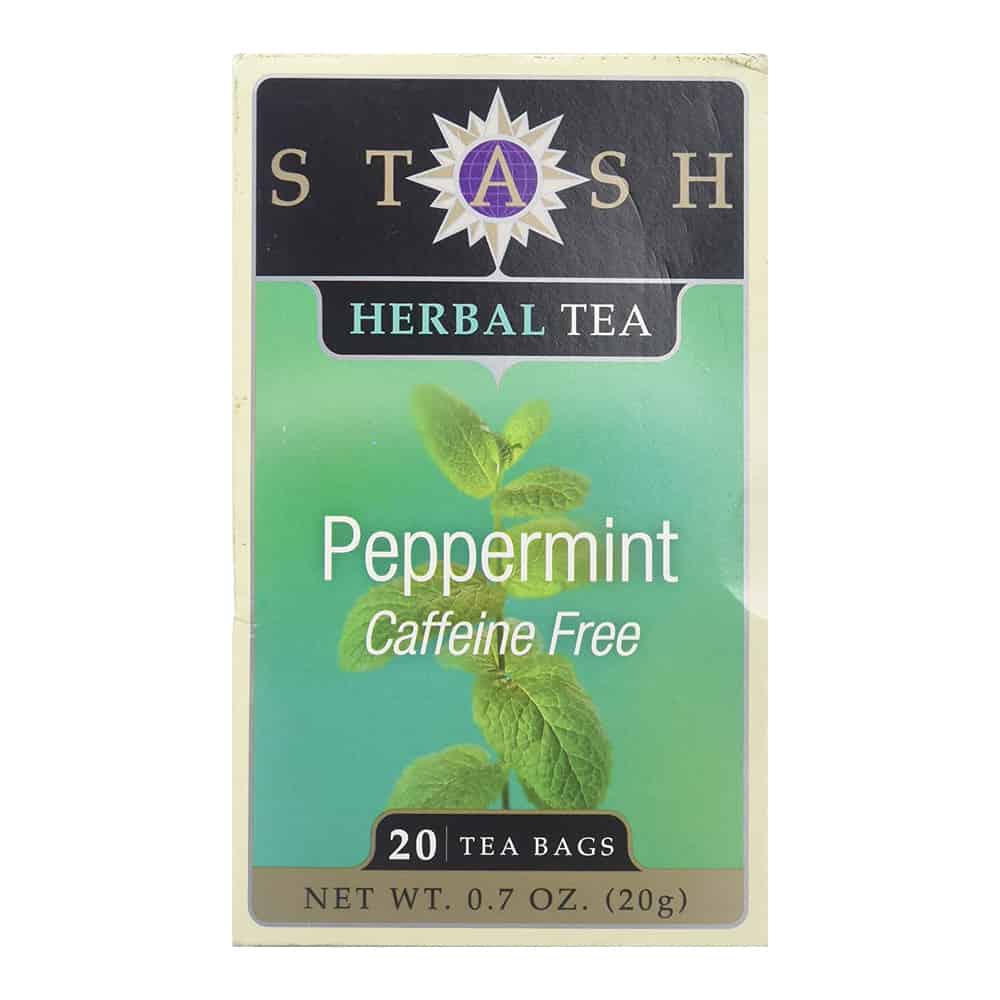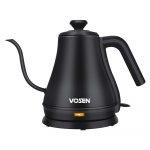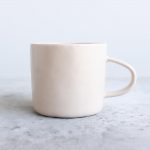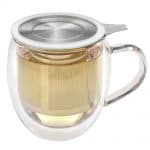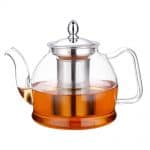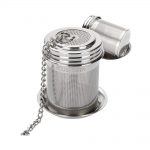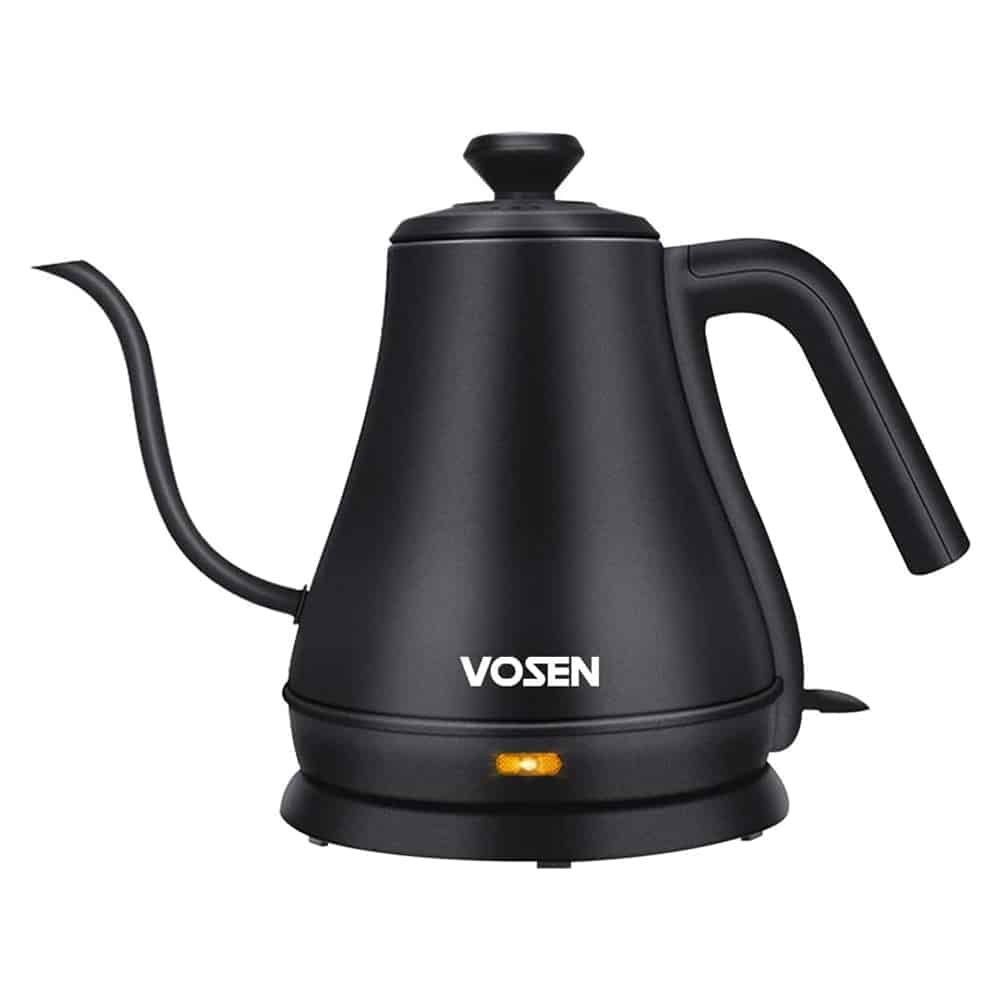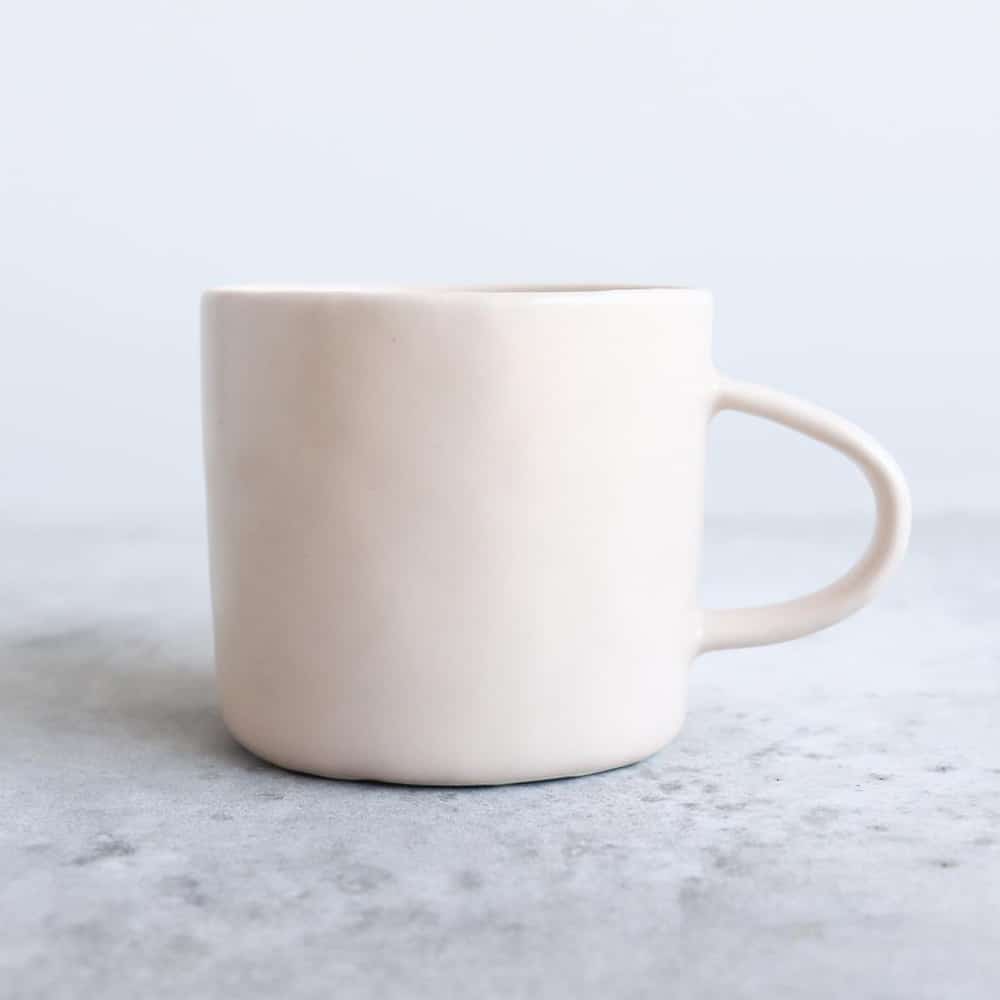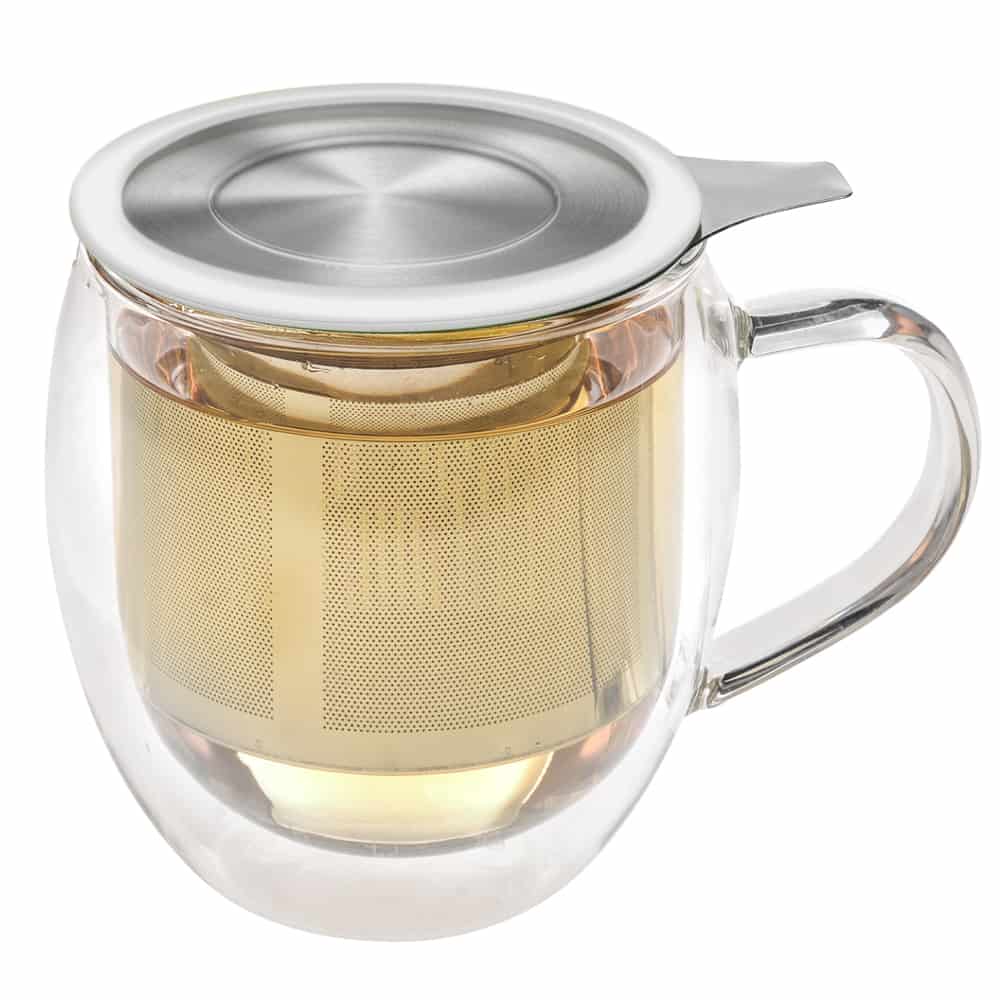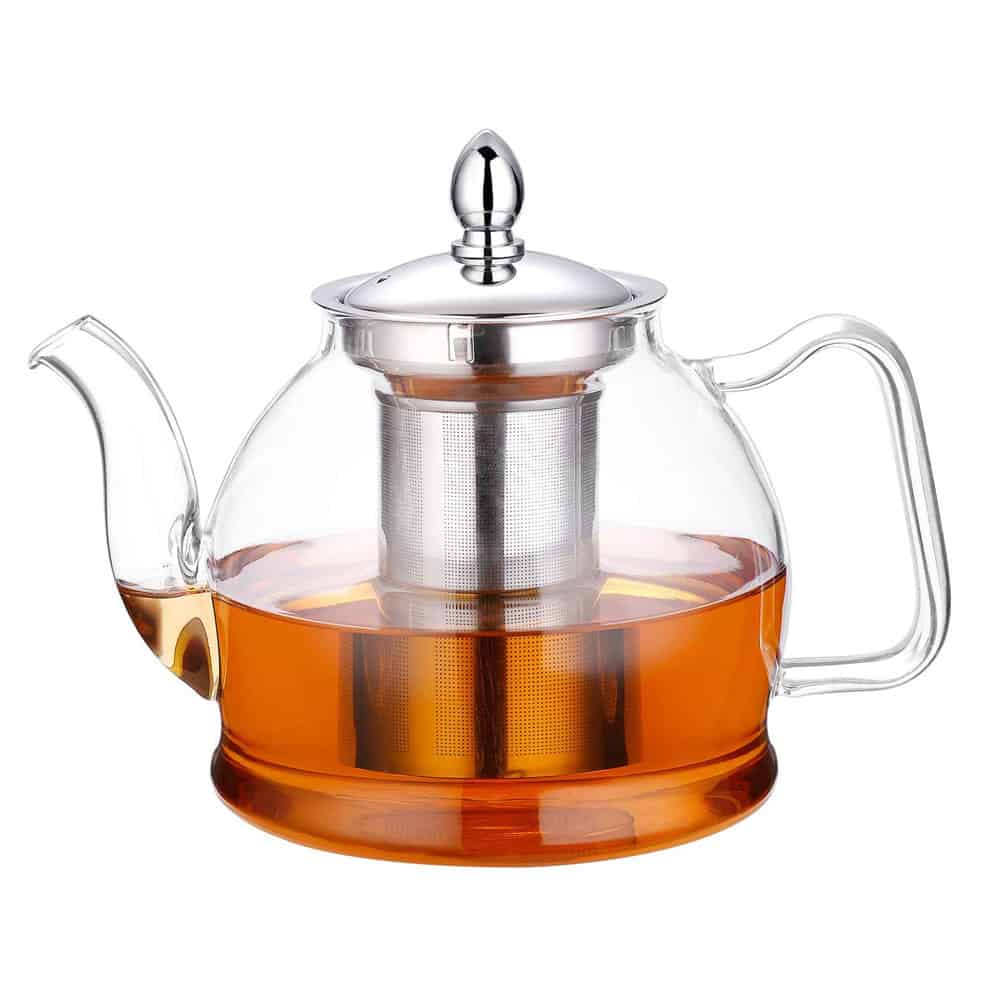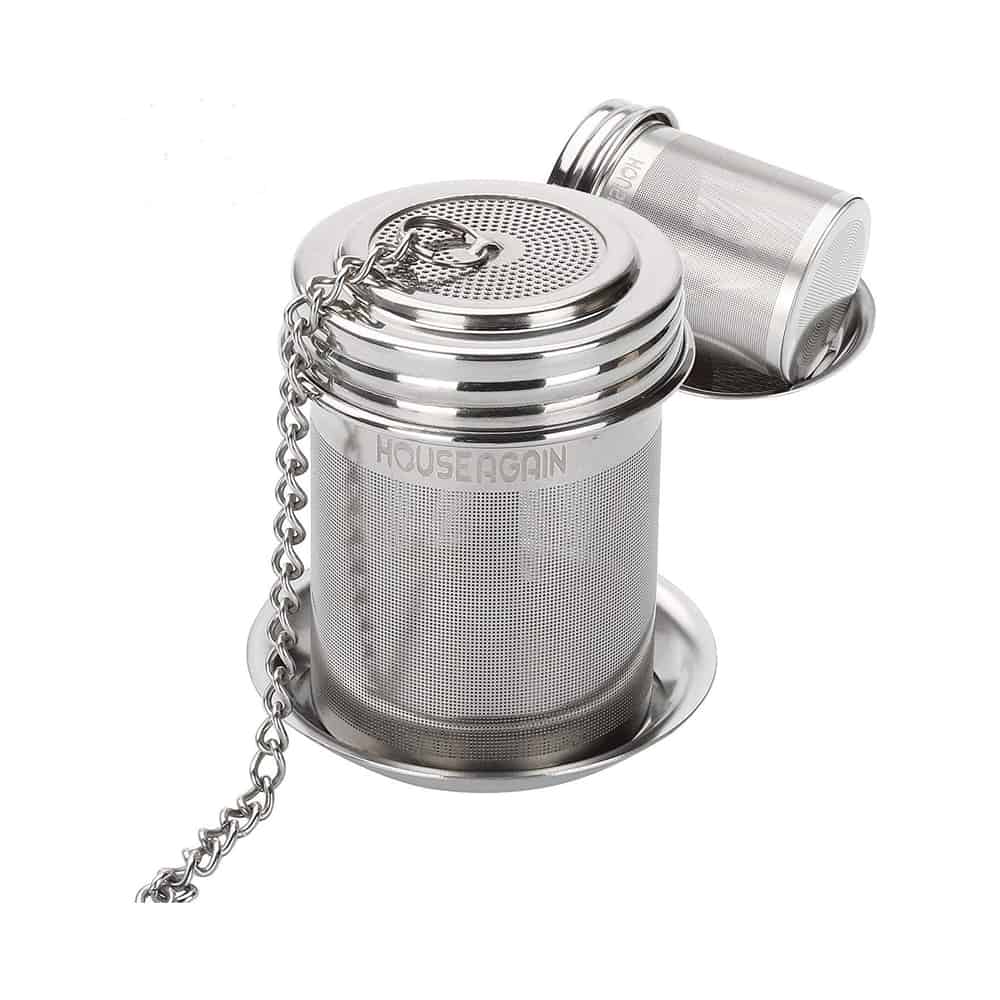10 Brands of Tea That Are Plastic-Free
Are you a tea drinker? Most mainstream teabags contain plastic that can leach into your tea water. We found 10 brands of tea that use plastic-free teabags, so you can sip a steaming mug of tea without a dose of microplastics – it’s better for the environment too!
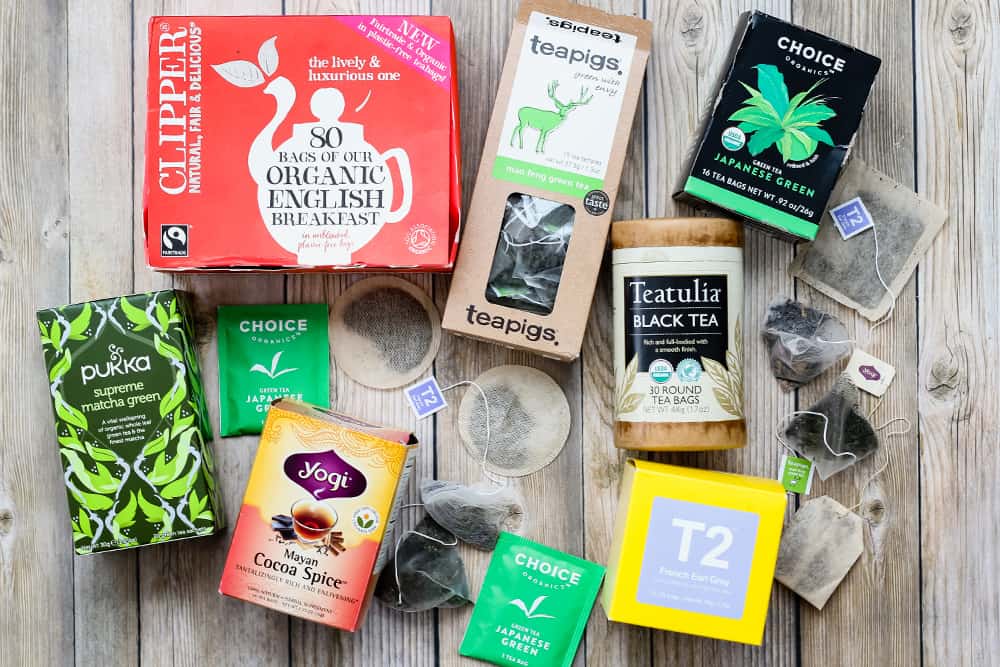
Disclosure: This post contains affiliate links, which means if you make a purchase through these links, we may receive a small commission at no extra cost to you.
Part of my morning routine includes a steaming mug of green tea. Sometimes I use loose leaf tea, but I mostly use teabags out of convenience. When I came across a news release on plastic in tea, I was shocked to learn that one mug of tea can contain billions of microplastic and nanoplastic particles.
Researchers at McGill University in Canada removed tea from 4 traditional teabags and steeped the teabag envelopes in hot water. After steeping and removing the teabag envelopes, the hot water was measured for plastic particles. The plastic levels were in the billions, which is thousands of times higher than plastic levels found in conventional table salt.
Why Do Traditional Teabags Contain Plastic?
- Round or square teabags have crimped edges. The teabag is often made from a blend of paper and plastic woven fibers, and the teabag is sealed with plastic glue. These types of teabags often contain about 20-30% plastic.
- String and tag teabags are closed by folding the bag and stitching or stapling it shut. These teabags may contain polypropylene fibers so that the teabag keeps its shape in hot water.
- Pyramid shaped tea sachets look like they’re made out of silk, but are almost always made of plastic. The plastic used in these bags is typically food-grade nylon or polypropylene.
Getting Technical About Plastic In Teabags
A traditional teabag made with plastic usually contains polypropylene, which is an oil-based plastic that uses non-renewable fossil fuels. This type of plastic will not biodegrade (at least not in our lifetime).
Most plastic-free tea bags are made from soilon, a by-product of cornstarch that is biodegradable and can be composted in an industrial compost facility. This type of material is considered a bio-plastic. In this post I refer to teabags that are plastic-free – they do not contain oil-based plastic, but rather a plant-based bio-plastic that can technically biodegrade and can be composted at an industrial composting facility.
Some tea companies use a by-product of sugar starch or abaca plants (a species of banana plant) to form the teabag. These materials will compost slowly, but will eventually break down.
What are the benefits of using a plant-based material (a bio-plastic) for teabags? The material is harvested from a renewable resource (whereas oil-based plastic comes from a non-renewable resource), the teabags are fully biodegradable, the teabags can be composted at an industrial compost facility, and there are no toxic fumes produced if the teabag is incinerated.
Crimped-edge teabags that do not contain plastic are sealed using ultrasound, so no polypropylene is needed.
Another great way to go plastic-free in the kitchen is to swap out all of your plastic food storage containers for plastic-free food storage. Beyond food storage, there are plenty of ways to go plastic-free in the kitchen.
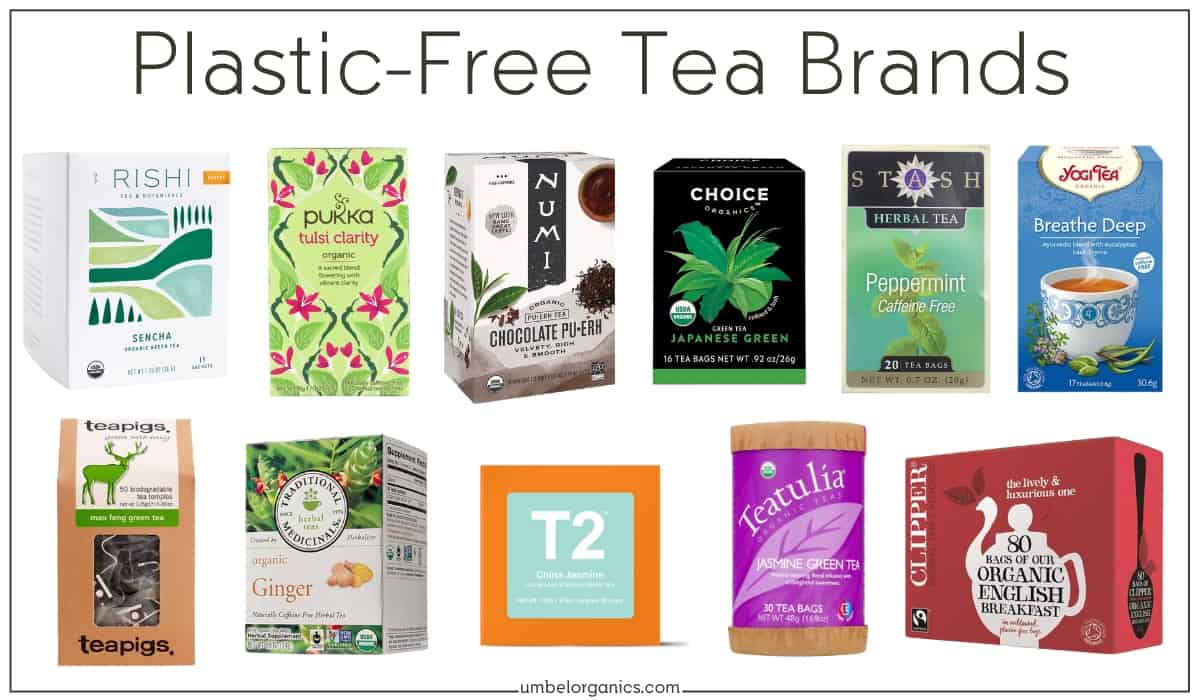
10 Plastic-Free Tea Brands
- The Teabags: The biodegradable non-GMO tea bags are made from a plant-based material called polylactic acid (or PLA for short). Rishi tea bags have a cotton string and printed-paper tag. This material is attached to the PLA mesh using ultrasonic high-heat vibrational energy.
- The Wrappers: At the time of posting, I do not have information on the tea bag wrappers.
- The Tea: Non-GMO, and the ingredients are organic.
- From the Rishi website: Rishi specializes in organic certified teas and herbs, grown without the use of agrochemicals like pesticides and fertilizers. They support growers who cultivate ecologically sustainable gardens in remote locations around the world.
- Shop: Rishi Tea
- The Teabags: The teabags are unbleached, plastic-free, and non-GMO. They are sealed with a non-GMO bio-material made from plant cellulose, known as PLA. PLA is made from bio material and is fully biodegradable.
- The Wrappers: Paper with a heat-seal coating that can be recycled.
- The Tea: Organic, GMO-free.
- The Packaging: The cardboard carton can be recycled.
- From the Clipper website: We believe that every cup of tea counts. Our relentless quest for quality and attention to detail is matched only by our desire to always do the right thing. We feel every cup of tea should always be natural, fair & delicious.
- Shop: Clipper Tea
- The Teabags: The teabags are held together with a simple stitch of organic cotton and a unique folding process. They are completely plastic-free, and they are also fully compostable.
- The Wrappers: The FSC® certified paper envelopes include a very thin coating of plastic that is free from BPA and PVC. It’s so thin that it can be recycled with normal paper.
- The Tea: Organic, non-GMO.
- The Packaging: The cardboard carton can be recycled.
- From the Pukka website: These are the values that Pukka was built upon: organic farming, fair trade and conservation through commerce. From being Fair for Life certified, donating 1% of our revenue to environmental and social causes, sourcing organic ingredients, and becoming carbon neutral in 2019, we believe a healthy world means a healthy you. A certified B Corp.
- Shop: Pukka Tea
- The Teabags: The teabags are made from corn starch and paper, and are certified plastic-free and biodegradable. They break down in industrial composting within 12 weeks.
- The Wrappers: The inner bag is made from wood pulp, and is suitable for home compost and commercial compost collection.
- The Tea: The tea is sourced from top quality, well-run estates. Due to quality and sourcing reasons, not all of our teas are organic, but they are always 100% natural and tested against pesticides.
- The Packaging: The outer pack is FSC certified paper board and printed with vegetable ink and is recyclable.
- From the Teapigs website: This company was started by a team of professionals from a large tea corporation that wanted to highlight high-quality tea while supporting sustainable practices. They are Rainforest Alliance Certified. Teapigs gives back to vulnerable young people in Gisenyi, Rwanda.
- Shop: Teapigs Fine Tea
- The Teabags: The teabags are compostable and made from manila hemp cellulose (plant fiber). They are Non-GMO Verified, unbleached, and the tag is made from 100% recycled materials and soy-based inks. The tea strings are made from cotton.
- The Wrappers: Compostable Plant-Based Tea Wrappers.
- The Tea: Certified organic tea. Non-GMO certified, kosher and halal.
- From the Numi website: Our Fair Trade Certified and Verified Fair Labor products let you vote with your dollars for a more just and equitable world. Certified B Corps. Through sustainable choices, we can create lasting positive impact for the planet and each other.
- Shop: Numi Tea
- The Teabags: The pyramid-sachet style teabags are made from food-grade corn starch. They are both biodegradable and compostable and break down within 12 weeks in home compost or water.
- The Tea: They carry a line of organic tea.
- The Packaging: The cardboard carton can be recycled.
- From the T2 website: T2 acknowledges the Traditional Custodians of the land on which we operate, live and gather as employees, and recognise their continuing connection to land, water and community. We pay respect to Elders past, present and emerging. T2 is B Corp certified.
- Shop: T2 Tea
- The Teabags: The teabags use a non-heat sealable filtration paper made from a select blend of high quality manila hemp (abaca) fibers and wood pulp. The filtration paper is oxygen bleached using a natural process that is completely free of chemicals or toxins, including dioxin. Our attached tea bag string is made from organic material. Our staple-free tea bag is fully compostable.
- The Wrappers: The teabag wrappers are not recyclable or compostable. The wrappers are heat-sealed envelopes that have a thin protective inner lining that acts as a food safety barrier to preserve the freshness and quality of our teas in a variety of shipping and storage conditions.
- The Tea: Organic, non-GMO, some products are fair-trade certified.
- The Packaging: Our tea cartons use 100% recycled paperboard and 85% post-consumer waste and can be recycled.
- From the Choice Organics website: Choice Organics offers a collection of organic traditional tea and organic herbal tea blends crafted with high quality, better-for-you ingredients sourced exclusively from organic and non-GMO growers around the world. Our organic teas are beautifully balanced to perfection for a full-flavored taste experience.
- Shop: Choice Organic Tea
- The Teabags: The teabags are pyramids made of a plant-based material.
- The Tea: The tea is responsibly sourced from our own certified organic tea garden. As one of the largest organic tea gardens in the world, we’re not just sustainable—we’re regenerative. By using only natural farming methods, we’re improving the soil and rejuvenating the land. The tea is Rainforest Alliance Certified.
- The Packaging: The cardboard container can be recycled.
- From the Teatulia website: The cultivation of delicious organic tea through an intentional business model that seeks to positively impact all stakeholders and externalities from garden to cup/glass/can, leaving our world better than we found it.
- Shop: Teatulia Tea
- The Teabags: The filter paper used for Stash Tea bags is made from 100% cellulose fibers (wood). Stash tea bag filter paper is machine folded and pressed, therefore no glue is needed or used. The teabags are completely compostable and do not contain any plastic. They are chlorine-free and epichlorihydrine-free.
- The Wrappers: The foil wrappers cannot be recycled.
- The Tea: Every element that steeps in your cup of Stash Tea, including the tea bag and string, is Non-GMO Project Verified and compostable.
- From the Stash website: It takes a whole community of people to make that perfect cup of tea. We partner with farmers and suppliers who also believe that “doing it right” means more than just creating great tea; it’s sourcing the best ingredients with you and the planet in mind. We pride ourselves for being a Certified B Corporation and taking part in a movement that believes in the power of using business as a force for good.
- Shop: Stash Tea
- The Teabags: Along with all other components of our packaging, the teabag paper is free of gluten, GMOs and corn, and does not contain any of the eight FDA-recognized allergens (tree nuts, peanuts, milk, eggs, fish, crustacean shellfish, wheat or soybeans).
- The Tea: All Yogi teas contain organic ingredients, and the vast majority of them are Certified USDA Organic or USDA Made with Organic.
- The Packaging: The cardboard carton can be recycled.
- From the Yogi website: The Yogi tea brand is committed to offering healthy, natural teas to support the well-being of tea drinkers. Yogi invests in completely biodegradable materials that are plastic-free and made from Manila hemp (a type of banana) and the string from organic cotton.
- Shop: Yogi Tea
- The Teabags: The compostable, non-GMO tea bags are made from sustainably harvested abacá (Musa textilis), also known as manila hemp, and FSC-certified wood pulp. The tea bags are naturally gluten-free and do not contain plastics.
- The Wrappers: The tea bag wrappers contain a thin plastic lining and should be disposed of in the trash.
- The Tea: Non-GMO, and the vast majority of ingredients are organic.
- From the Traditional Medicinals website: Traditional Medicinals is an independent company that embraces sustainability, ingredient purity, and social and environmental activism. A Certified B Corporation and California Certified Green Business, we’re the leading seller of wellness tea in the U.S. and the pioneer of the wellness tea category in the U.S. and Canada.
- Shop: Traditional Medicinals Tea
More Natural Living Inspiration
References
- Hernandez LM, Xu EG, Larsson HCE, Tahara R, Maisuria VB, Tufenkji N. Plastic Teabags Release Billions of Microparticles and Nanoparticles into Tea. Environ Sci Technol. 2019 Nov 5;53(21):12300-12310. doi: 10.1021/acs.est.9b02540. Epub 2019 Sep 25. PMID: 31552738.
https://pubmed.ncbi.nlm.nih.gov/31552738/
